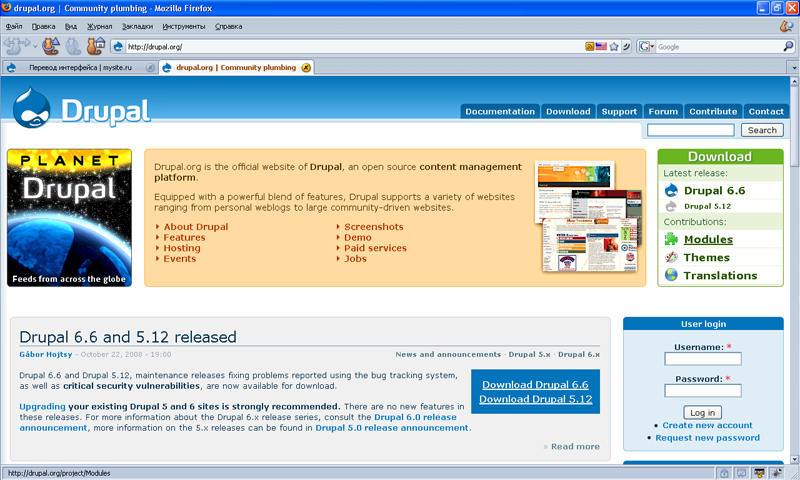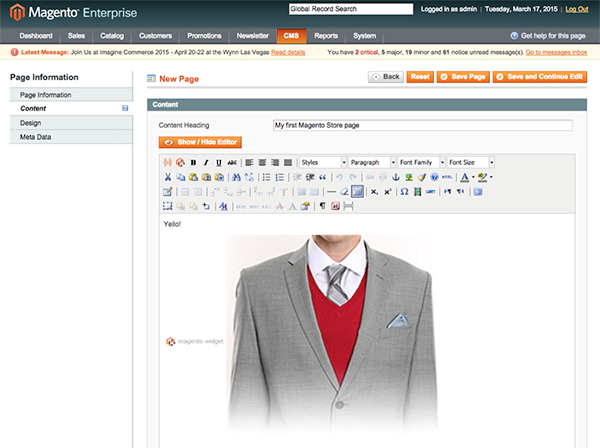Choosing the right CMS could be overwhelming, but here’s three we recommend and why.
But First…What is a content management system (CMS)?
A content management system also referred to as CMS, is an application that allows you to create, run and manage your website, all through a backend admin panel. The admin panel is an interface where you can add and update pages to the website as well as posts, images and videos. You are able to tailor your posts to your design by using themes, of which can be customised to be unique and bespoke.

All the actions within a CMS are mostly done by simply clicking buttons and writing text allowing users who are unfamiliar with writing code or scripts to use with relative ease.
WordPress – The leading CMS
Of all the CMS systems out there, most people have heard of WordPress. The platform was launched in 2003 and has become a huge part of website development since then, with an estimated 60% of all CMS sites using WordPress. And 28% of the internet working through WordPress.
Servicing thousands of users and websites WordPress is one of the most popular CMS’s because it offers flexible use and has a user friendly interface. WordPress allows the use of plugins and themes to customise your website to fit the needs of the user. This makes it a great choice regardless of whether or not you know how to code in PHP / MySQL or have a web developer.
Drupal – For Developing SME’s
For larger businesses and organisations a CMS system like Drupal is a much better choice, this content management system is capable of handling much larger quantity of visitors and hundreds of pages of content. Drupal is so flexible can be used for creating simple blog sites, as well as full scale responsive business sites. The flexibility of Drupal offers a great solution for growing SME businesses that may have developing ideas for their website.
Magento – The best CMS for eCommerce websites
Many CMS applications have plugins for eCommerce, such as WooCommerce for WordPress but there are also systems created specifically for eCommerce websites. Magento is one of the best, and is the leading system for eCommerce, with an open source platform and a variety of different functionality for businesses of all sizes and is a fantastic option for expanding and growing businesses.
Magento was launched on March 31, 2008, and as of November 17, 2015 Magento 2 was release, and has a look and structure familiar to most CMS software, making it easy to navigate and simple to use. Magento allows you to set up a single store or multiple stores depending on your needs.
Because this CMS has been created for eCommerce, it has a wide range of features for creating a product catalog, with in depth pricing tools, image watermark features and the functionality to add multiple attributes or variations. As well as allowing you to add standard content pages.
Magento is a great CMS aimed at larger, to expanding businesses. For bespoke sites you can add your own coding to existing themes or make from scratch however this may require much greater developer skills.
In summary then…
Choosing the right CMS for your website is very important, and you must first grasp what functionality and style you hope to achieve from your website. Then choose the right content management system that is right for you. If it’s more blog, then WordPress is your go-to, if more community site you require then Drupal is ideal and for more retail, and eCommerce sites , Magento has all the functionality you need.
Adam Morris is Account Manager at E-Commerce and Web Development Marketing Agency E-Commerce Workroom



